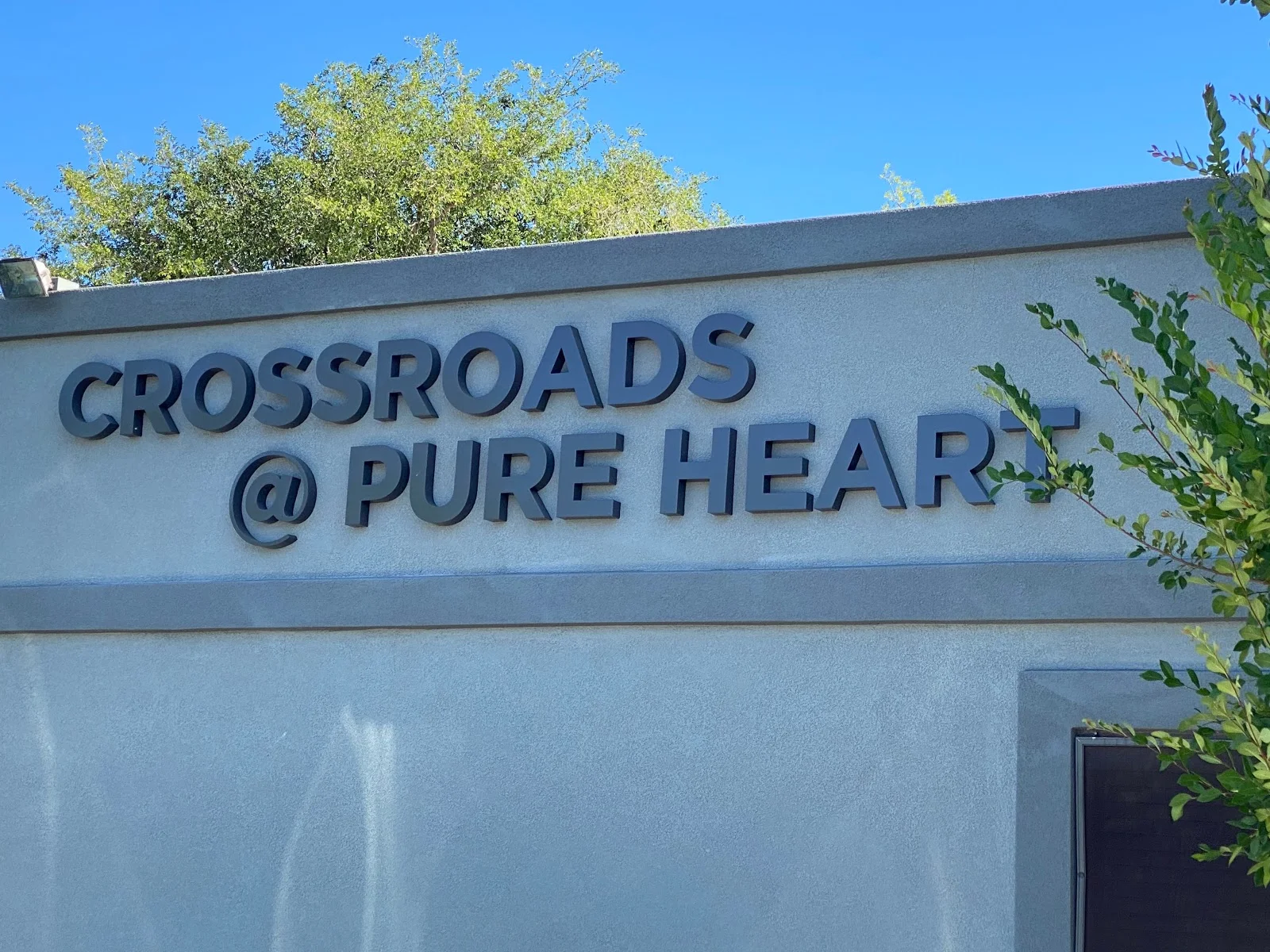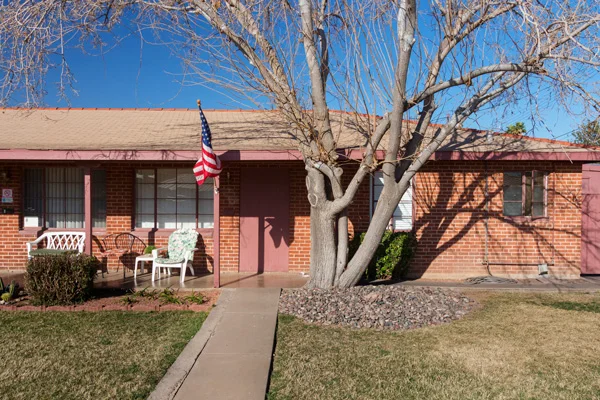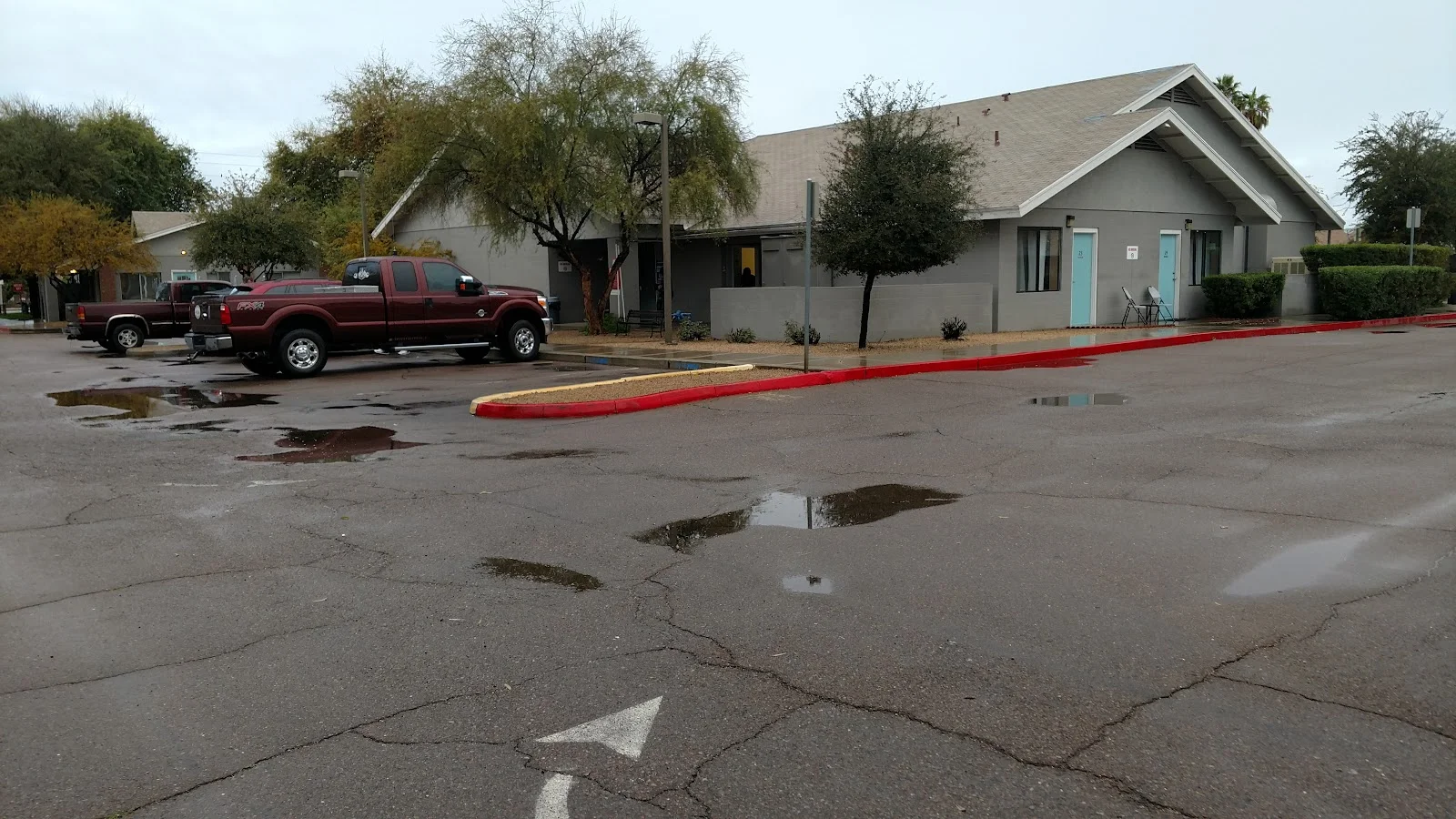Crossroads - Arcadia Information
Treatment
Who We Treat
- Male and Female
Treatment Focus
- Men
- Outpatient
Approaches
- 12-Step-Based
- Individual Treatment
- Evidence-Based
- Gender-Specific
- Twelve Step
- Group Therapy
- Cognitive Behavioral Therapy (CBT)
- 1-on-1 Counseling
- Life Skills Training
- Relapse Prevention Counseling
Substances We Treat
- Alcohol
Languages
- English
Aftercare
- Intensive Outpatient Program
- Aftercare Home Support
- Support Meetings
Level of Care
- Outpatient
- Intensive Outpatient Program (IOP)
- Virtual & In-Home Care
- Residential Rehab
Experience
Personal Amenities
- Shared Bathroom
- Shared Rooms
Accreditations
-
State department of health
Government agencies issue State Licenses, granting rehabilitation organizations permission to operate their businesses lawfully within specific geographic regions. The specific licenses needed for legal operation are typically determined by the type of rehabilitation program offered by the facility and its physical location.

Additional Locations
Find the best treatment options. Call our free and confidential helpline today!
















